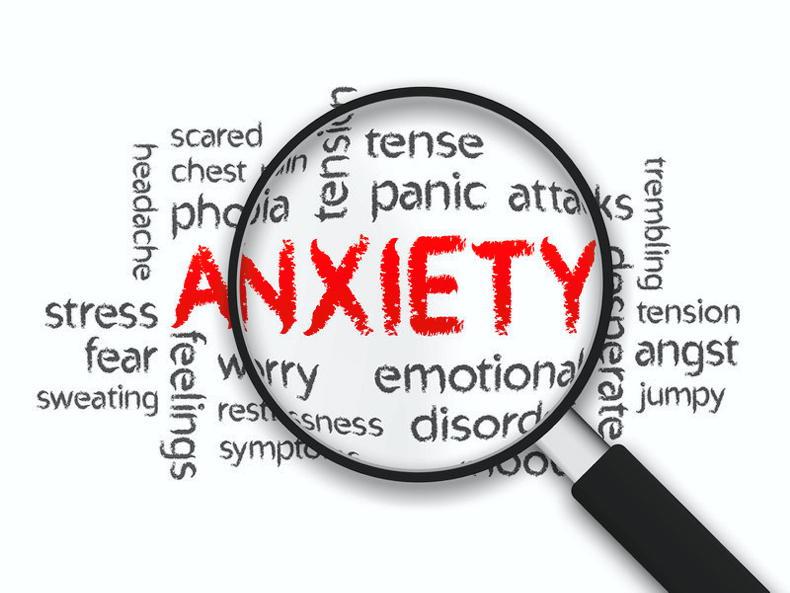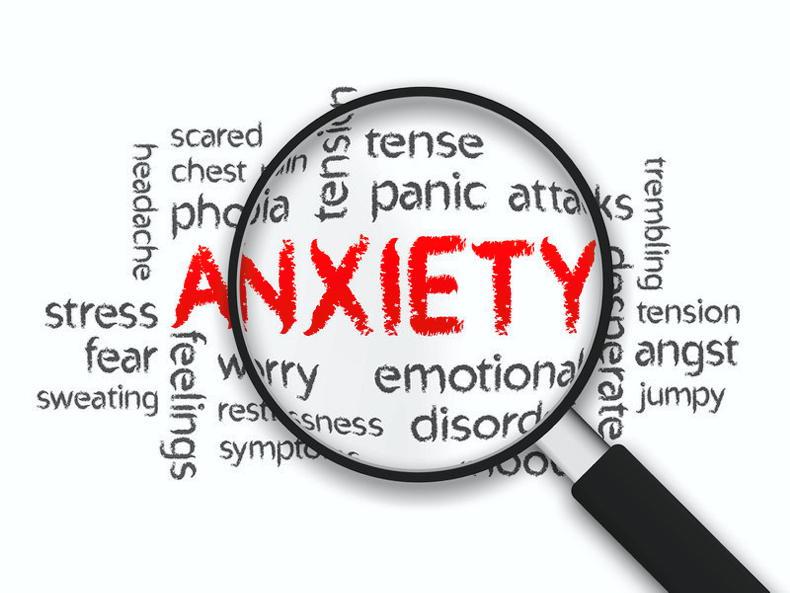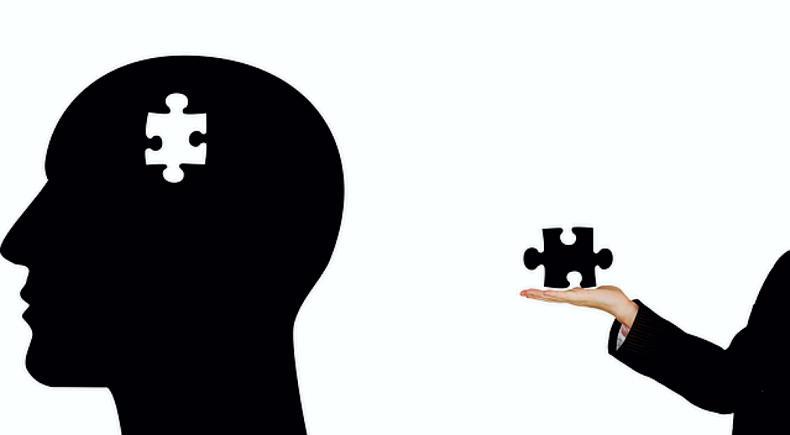STRESS is a feeling of being under abnormal pressure, whether it is due to an increased workload, an argument with a family member, or financial worries. Stress affects everyone in one way or another. There may be times and situations where pressure builds up and we need a little extra help to cope.
Stress may affect us physically and emotionally and to various degrees. No two people will experience stress in exactly the same way. Some stress can be positive, making us more alert and enabling is to perform better in certain situations, but it is only healthy if it is short-lived. Excessive or prolonged stress can lead to physical illness, anxiety and depression.
The most common physical signs of stress include sleeping problems, sweating and loss of appetite. These symptoms are your body’s way of preparing you to fight or run away, and once the pressure or threat has passed your stress levels will usually return to normal.
When under stress you may experience periods of constant worry, thoughts racing in your head, going over the same things time and time again. You may experience behavioural changes, such as losing your temper more easily, acting irrationally or becoming more verbally or physically aggressive.
All sorts of situations can cause stress. Common scenarios involve work, money matters and relationships with partners, children or other family members. It can affect you to varying degrees, so while it may be caused by a major upheaval such as divorce, unemployment, moving house or bereavement, a series of minor irritations can be equally debilitating. Examples of the latter could be feeling unappreciated at work or arguing with a family member.
It is important to manage stress in order to keep it at a healthy level and prevent it from doing long-term damage to your body and mind.
When you are feeling stressed, try to take these important steps:
You can also help protect yourself from stress by keeping the following suggestions in mind. It is vital to keep things in proportion and not be too hard on yourself – after all, everyone will have bad days.
Remember to:
Finally, do not be afraid to seek professional help if you feel you are struggling to manage on your own. Many people do not seek help as they feel it is an admission of failure. This is not the case and it is important to get help as soon as possible so that you can begin to get more out of life.
The first person to approach is your family doctor. He or she will be able to advise about treatment, or may refer you to some other professional help.
Mental Health Ireland (MHI) is a national voluntary organisation whose aim is to promote positive mental health and wellbeing to all individuals and communities in Ireland. They have a large network of volunteer-led mental health associations throughout the country.
MHI has a team of development officers who provide mental health and wellbeing training to communities and workplaces.
Mental Health Ireland, 1-4 Adelaide Road, Glasthule, Co Dublin. Tel: 01 2841166 Email info@mentalhealthireland.ie Website www.mentalhealthireland.ie


 This is a subscriber-only article
This is a subscriber-only article
 It looks like you're browsing in private mode
It looks like you're browsing in private mode










SHARING OPTIONS: